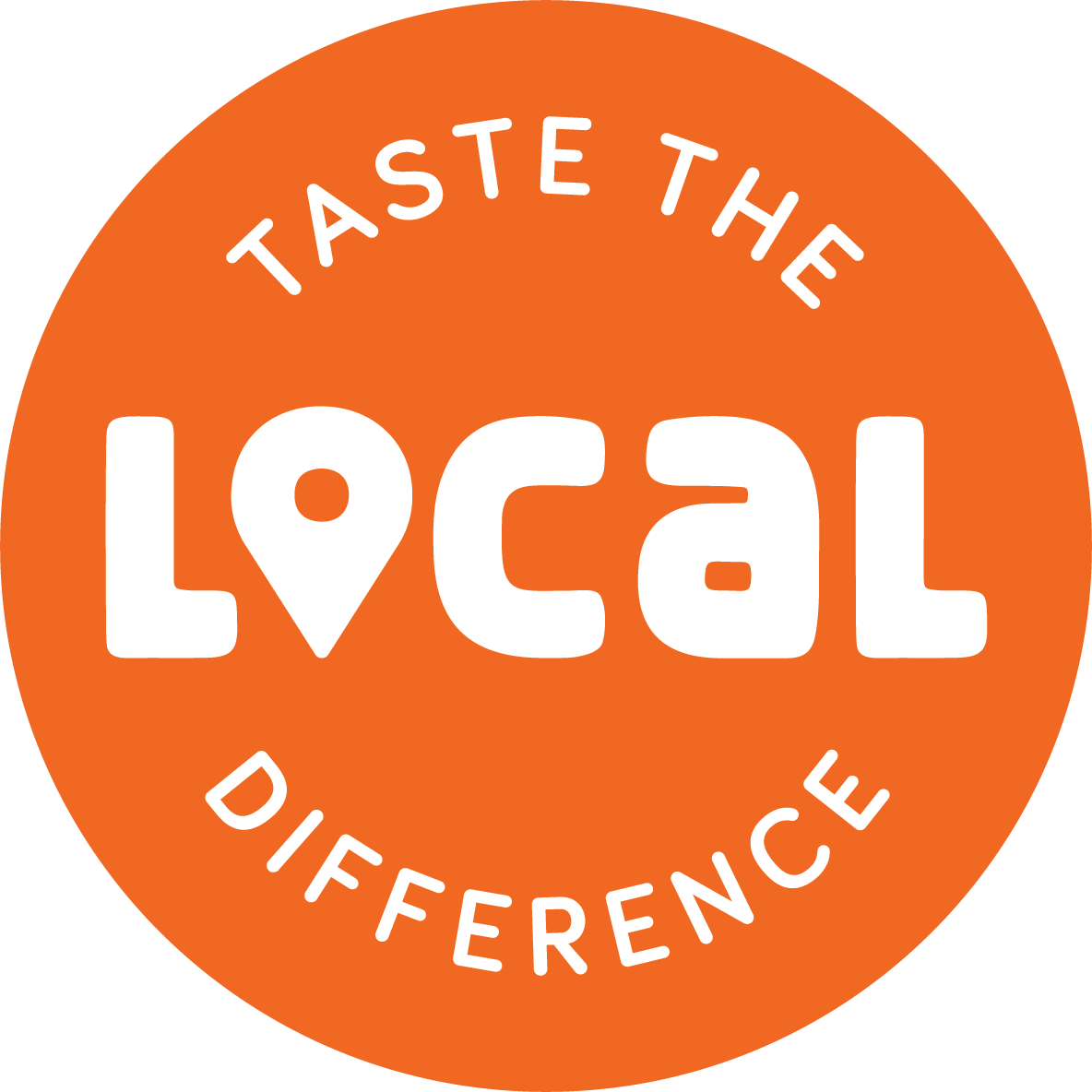What do you think of when you hear the word “co-op”? Most people will likely envision a small health food store or perhaps their local credit union. However, these are just part of a myriad number of businesses that follow a cooperative structure.
According to the International Cooperative Alliance, “cooperatives are people-centered enterprises owned, controlled and run by and for their members to realize their common economic, social, and cultural needs and aspirations.” Cooperatives are value-driven and operate with fairness, equality and social justice at the heart of their business. Many cooperatives also focus on providing education and training to their members.
Cooperatives are often formed to help members generate greater profits, access inputs and services at lower price points, and tap into previously inaccessible markets. Food based cooperatives exist in every sector of the food system from farm to retail. Currently, agricultural- based cooperatives exist in three broad categories: marketing cooperatives, farm supply cooperatives, and service cooperatives. Marketing cooperatives give farmers collective bargaining power to attain better prices and the ability to aggregate product and tap into previously inaccessible markets. Farm supply cooperatives give farmers access to farm inputs and tools at wholesale rates while service cooperatives reduce the cost of necessary business tools (i.e. on-farm technology or insurance).
In Michigan, we have many strong examples of cooperatives at work in every sector of the food system. At the farm level, more farms are opting to collectively market their goods through aggregated CSA (Community Supported Agriculture) programs, like the City Commons CSA, and wholesale marketing groups like Grown in Detroit and the Michigan Flower Growers Cooperative. These models help farmers streamline their businesses, share risks and costs, and access a broader customer base.
Value-added producers in Michigan also benefit from cooperative business models. Commercial kitchen space is capital intensive and impossible for most small businesses to attain. Fortunately, shared commercial kitchens like Detroit Kitchen Connect and Proud Mitten Shared Kitchen exist. These spaces provide affordable access to licensed kitchen space where new businesses can grow in a low-risk environment. Food business incubators, like Food Lab Detroit, are also helping food entrepreneurs by providing access to tools, resources, and services at affordable rates.
In the retail sector, several Michigan stores follow a cooperative model. In Detroit, the Detroit People’s Food Co-op is working to develop a retail store to enhance community food security. In Ypsilanti, the Ypsilanti Food Co-op helps people access healthy, local food at more affordable prices and invests in the community through educational activities and events. Members drive the work of these retail cooperatives, and decide how they’re run, but anyone is able to shop at the stores and enjoy their products.
Cooperation and collaboration among food businesses is not a new concept. However, as the food and farming sector continues to grow in Michigan, new businesses are looking more and more to cooperative structures to mitigate risks and grow their businesses in sustainable ways. These cooperative models will allow businesses to stay relevant in the ever-changing, and competitive, local food and farming economy and are reflective of the fact that we are all truly are stronger, together.
Resources:
https://ageconsearch.umn.edu/bitstream/10129/1/46010040.pdf
https://www.ica.coop/en/cooperatives/what-is-a-cooperative
http://www.4lenses.org/setypology/coop
For the future:
http://www.federationsoutherncoop.com/coopinfo/Black%20co-ops.pdf
https://civileats.com/2018/10/03/co-op-farming-models-might-help-save-americas-small-farms/
Kelly Wilson is the Director of Community Partnerships for TLD. Contact her at [email protected]
